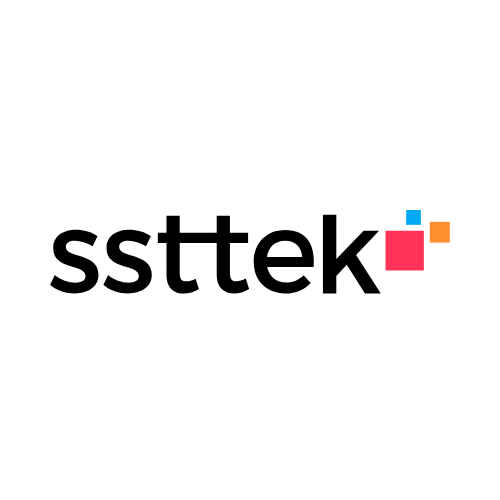As more people from diverse generations join the workforce, generational differences in the workplace are becoming more noticeable. Establishing a peaceful and effective environment requires an understanding of these differences. Collaboration and productivity can only be promoted by having a thorough understanding of the distinct values, communication preferences, and work habits of each generation. Companies can foster a more welcoming and peaceful workplace culture by acknowledging and appreciating the distinctions among Gen X, Gen Y, and Gen Z. In the long run, accepting generational differences can boost productivity, success, and creativity in the contemporary workplace. To create an effective and competitive workforce for the future, embracing generational diversity is more than a fashionable trend.

Generation X (Gen X)
Gen Xers make up the majority of the workforce at the moment; those who were born between 1965 and 1980. They are renowned for their adaptability, independence, and strong work ethic. Gen Xers favor long-term career paths and place a high value on job stability. They are frequently perceived as pragmatic and goal-oriented toward success in their careers. Gen Xers value opportunities for growth, respect for their experience, and open lines of communication in the workplace. This generation will be receptive to work environments that prioritize work-life balance.
Generation Y (Millennials or Gen Y)
Millennials are the second largest generation in the workforce, having been born between 1981 and 1996. They are frequently thought of as tech-savvy, enterprising, and looking for meaning in their work life. Millennials place a high value on adaptability, chances for development, and a positive workplace culture. Their priorities have shifted from traditional ideas of job security to making a significant contribution. Millennials value openness, cooperation, and feedback in the workplace. Businesses can offer mentorship programs, foster an innovative and socially conscious culture, and provide technology that facilitates remote work and collaboration.
Generation Z (Gen Z)
A growing proportion of Gen Z, those born between 1997 and 2012, are now joining the workforce. They were raised with technology at their fingertips, making them digital natives. They are renowned for their originality, receptivity to novel concepts, and tolerance for diversity. Authenticity, adaptability, and chances to change the world are important to Generation Z. They are more interested in gaining a variety of experiences. Gen Zs value clear expectations, a strong purpose, and mentorship in the workplace. It is wise for businesses to use technology to facilitate flexibility and collaboration, offer skill development chances, and foster a positive work environment to draw in more Gen Z workers.
Managing Multiple Generations
Though it can be difficult at times, managing a multigenerational workforce presents chances for creativity and development. Businesses encouraging open communication to create a productive and diverse workplace is highly preferred by employees. To strengthen understanding and lessen stereotypes, promoting conversation between generations is the key.
It is wise to enable all staff members, regardless of age, to stay up to date on industry trends and acquire new skills by providing continuous training and development. More importantly, emphasize the company’s mission and guiding principles, which speak to all ages. It is also a clever idea to routinely seek feedback from staff members of all ages to guarantee that the needs of every generation are being satisfied.
Businesses can lead the way for an environment that is more inclusive, collaborative, and therefore productive by understanding the distinct traits and preferences of each generation in the workplace. In the end, stronger business outcomes, more innovation, and higher employee satisfaction might result from this strategy. By recognizing and adapting to the various generational differences in the workplace, companies can encourage a more harmonious and successful work environment for employees of all ages. This approach allows for a diverse range of perspectives and ideas to be valued, leading to greater creativity and problem-solving. Ultimately, embracing each generation’s unique qualities will fuel growth and success within the organization, benefiting employees and the company.


